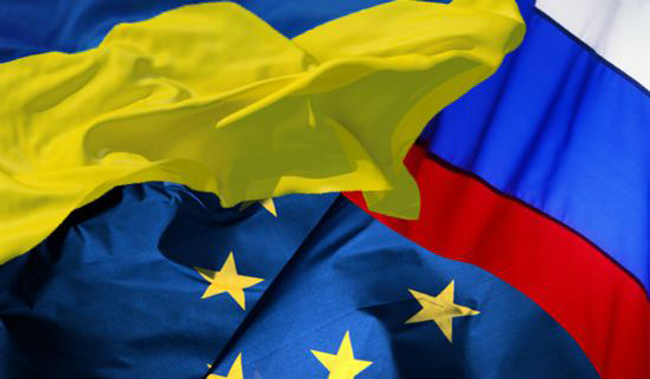Andrés Ortega asks Andrew Wilson (Senior Policy Fellow, ECFR) and Carmen Claudín (Senior Researcher, CIDOB).
Andrew Wilson | Senior Policy Fellow at the European Council on Foreign Relations (ECFR)
No one would want to start from where we are now. But as we have to, a possible solution might include the following:
- A rush to a referendum in the Crimea would be a disaster. Russia already controls the situation on the ground, with the important exception of the Crimean Tatars.
- For Russia, sticks and carrots. Putin has clearly not thought through the consequences of his actions. These include economic blowback, the sudden disincentive to States like Kazakhstan to join his Eurasian Union project, the rupture of relations with traditional partners like Turkey and the potential damage to its relations with the Islamic world if the position of the Crimean Tatars worsens. The West must make him feel these costs more sharply. First, by more radical diplomatic isolation. The G7 can meet without Russia. Russia’s hosting of the football World Cup in 2018 should be in serious doubt after it has invaded another State only days after hosting the Winter Olympics. Secondly, sanctions against individuals are one thing, a broader threat to Russian economic interests are another. Nordstream should not enjoy exemption from the EU’s Third Energy Package; EU law must take precedence over Russian agreements with Balkan states over South Stream, or the EU should slow the project.
- At the same time, an economic assistance package for the Ukraine should involve both Russia and the West. The Ukraine trades with both. The West should indicate that it is ready to talk about a free-trade zone from ‘Lisbon to Vladivostok’, to transcend the current assumption of zero-sum competition between the Eurasian Union and the EU.
- A national unity coalition government may have to be formed in the Ukraine. The current government has too narrow a political base. The decision to reverse the 2012 Language Law was a serious mistake of timing and signalling. On the other hand, it would be a mistake to bring back odious members of the ancien régime. Russia should accept that this will require new elections.
Carmen Claudín | Senior Researcher, CIDOB
To being with, there is no way out that the West would find appealing. There is nothing to suggest that Russia will not retain the Crimea or turn it into another de facto State, giving rise to a frozen conflict, just like Abkhazia or South Ossetia.
Neither the US nor, even less, the EU or its Member States are willing to use force to support the Ukraine. Nor is it likely for the Ukraine to allow itself even the hint of a military response. Putin knows it and all his actions are based on that gamble.
Putin seems convinced that the West has more to lose than Russia because, he says, sanctions will turn against it and –although he does not say it, he evidently believes it– because international isolation will not work.
However, despite Putin’s show of self-assurance, in some office in the Kremlin they must be turning over in their minds at least two troubling prospects:
- Sanctions and international isolation are never welcome but if applied would come at the worst possible time for Russia, since it has a stagnant economy and cannot afford to damage its trade relations with key partners, while its charm offensive at Sochi –precisely aimed at enhancing its standing in the eyes of the world– has involved an enormous cost.
- Without the Ukraine, the wished-for Eurasian Union will never be strong enough, while it goes without saying that for Russia its Central Asian allies are junior partners. And the day Belarus decides to go the way of the Ukraine –which may not be that far away– Russia might only retain the miniature Armenia on European soil, and not for long.
Whatever its future legal status, the Crimea might well become the grave of the Eurasian Union, Putin’s pet project for restoring the greater Russia that he would like to bequeath to history.
While the nature of power in the Kremlin remains unchanged, what we understand as the West must seriously revise its strategy towards Russia.


